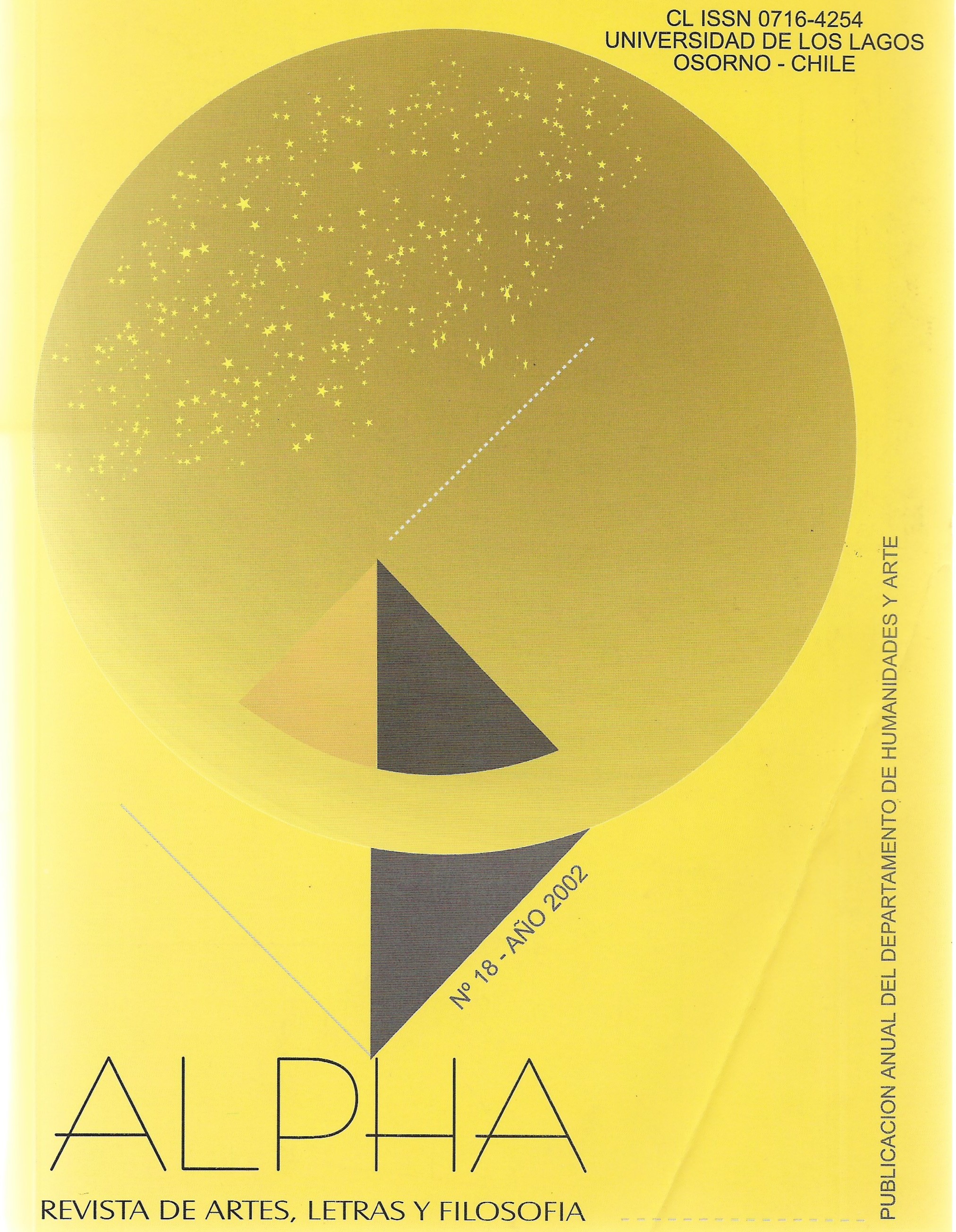On the Teaching of Literature (Reflection Based on the Objectives and Minimum Contents of the Educational Reform)
Main Article Content
Abstract
In a debate among Peruvian teachers and researchers that took place on the web in April 2000, one of the crucial problems that animate the notes I present below was raised: Is it pertinent to teach literature in the formal educational system? And if it is pertinent, for what purpose? What objectives or purposes would such pertinence make sense? Likewise, what would be the relevance and legitimacy of such objectives? Who decides them and based on what? The participants in the virtual dialogue were basically aligned in two positions: on one hand, those who advocated the need to teach and study literature because, among other reasons, “literature moderates social discourse in an essential way (opinion of Pablo Carreño)” or because literature exposes the student to a linguistic exercise that leads them to cross the border of purely pragmatic language use, activating the “cognitive potentialities” of the reader and moving linguistic learning away from the condition of a simple "grammaticalization process as essentially repressive” (opinion of Mario Montalbetti).
Article Details
Downloads

This work is licensed under a Creative Commons Attribution-NonCommercial 4.0 International License.
